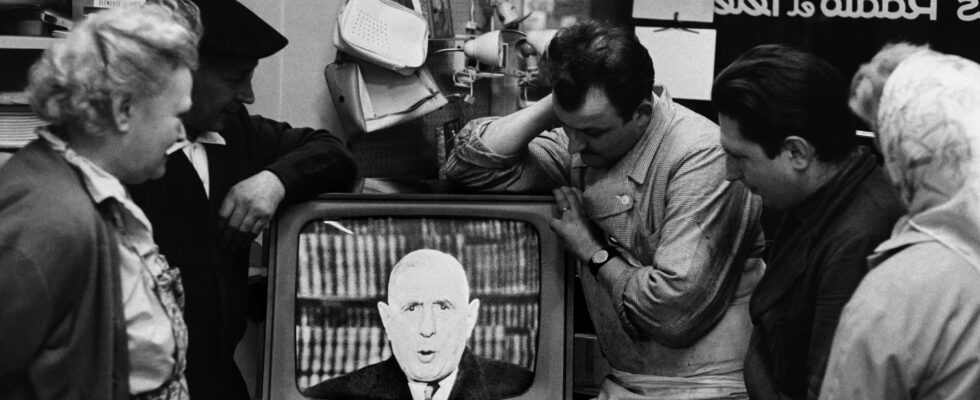On December 16, Artcurial will put on sale hundreds of objects and manuscripts from the collection of Admiral Philippe de Gaulle, the general’s son, who died a few months ago at over 100 years old. Will we find, in this treasure, new indications regarding the economic and social thought of the man of June 18? There is little chance as it appears that the memories in question are very personal. But every opportunity is good to reflect on the legacy of the founder of the Fifth Republic on these subjects, especially at a time when the political class no longer knows how to address the economic challenges facing the country. This is evidenced by our parliamentary debates on reducing deficits, during which tax increases take the place of alpha and omega, and the slightest reflection on the functioning of the State seems to have deserted 90% of minds.
To refuel political thought, we can refer to the formidable work of our current Minister Delegate for the Armed Forces, Jean-Louis Thiériot, entitled De Gaulle, the last reformer (Editions Taillandier, 2018). Furthermore, anyone interested in the economic history of our country would be well advised to browse the Memoirs of the general, a masterpiece of intelligence, clarity and efficiency. As with Tocqueville, we find on each page flashes for today, particularly in the economic and social domain – see in particular his Memories of hopewritten after his departure from the Elysée and unfortunately interrupted by death.
Freedom in business, order in public finances
First lesson from these readings: de Gaulle was, on economic questions, a great liberal. It is unfortunate that part of the French right, who have obviously never read his writings, consider him an interventionist and a protectionist. In his eyes, freedom of enterprise constituted the best guarantee of economic and social development, and order in public finances, the only way to control inflation, a necessary condition for order in society. Proof of this is his choice to rely on Jacques Rueff for the design of France’s recovery plan, after the Pinay stabilization of 1958, which borrowed the features of the supply policy. De Gaulle entrusted the economic destiny of the country to one of its greatest liberal minds who, by fighting against rents, immersed it in the deep end of European competition. It’s not nothing.
Second lesson: politics must organize the complementarity between the State and freedom. The main problem for France in 2024 is that the State is growing without control. Public spending, compulsory levies and the stock of standards are reaching unprecedented levels. While the role of the State should be to carry out its sovereign missions and allow businesses to grow, it has become the number one obstacle to innovation and economic development. A director of administration, today, sets as his main objective no longer the general interest, but the maximization of his budget. This is completely contrary to the Gaullian spirit of the role of the State, and the idea of a “mission administration”.
A utilitarian liberalism
Final precept: the goal of economic policy is the prosperity of the French and the power of France. In this sense, the general’s liberalism was utilitarian. Giving the French as much freedom as possible aimed, according to de Gaulle, to allow them to offer the best of themselves to France. This idea materialized twice in 2024: with our fabulous Olympic Games and with the imminent reopening of Notre-Dame de Paris, which will never have been so beautiful in its existence.
To successfully complete these two colossal projects, it was necessary to go through exceptional laws. The latter have removed all the constraints which, in normal times, prevent the most talented French people from revealing their potential. This is the essence of Gaull’s message: for the good of the country, let us grant more freedom to our compatriots.
.
